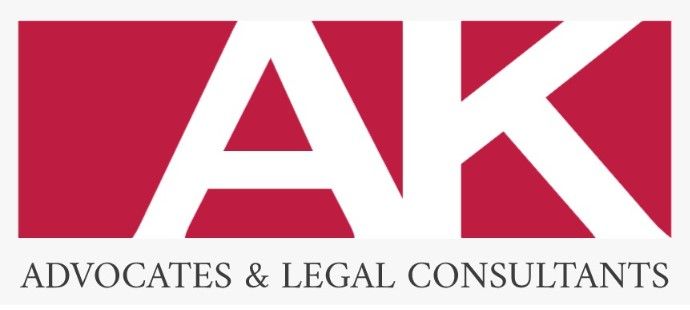The Intersection of Intellectual Property Rights and Competition Law in Israel: A Contemporary Legal Analysis
By: Adv. Assaf Kriel (L.L.B, M.B.A, C.I.A, IntArb)
AK & Co. (Israel)
Introduction
The Israeli legal framework governing the intersection of intellectual property rights and competition law has undergone significant evolution in recent years, particularly following the 2019 amendment to the Economic Competition Law (formerly the Restrictive Trade Practices Law). This comprehensive transformation reflects the legal system's adaptation to emerging technological challenges and market dynamics while maintaining the delicate balance between protecting innovation and ensuring fair competition.
Contemporary Legal Framework
The modern Israeli IP regime operates under a sophisticated system of recently updated statutes, including the Patents Law (as amended through 2024), the Trademarks Ordinance (New Version), the Design Law of 2017, and the Copyright Law. These legislative instruments work in concert with the Economic Competition Law, which underwent substantial reform in 2019. This reform introduced comprehensive mechanisms for addressing market concentration and abuse of dominant position, reflecting the evolving nature of modern markets and technological advancement.
Legislative and Regulatory Evolution
The 2019 reform of the Economic Competition Law marked a watershed moment in Israeli competition regulation, particularly in its treatment of intellectual property rights. The reformed legislation enhanced the Competition Authority's enforcement powers while introducing more nuanced approaches to vertical agreements and merger control. These changes have proven particularly significant in the context of IP licensing and technology transfer agreements, where the law now provides clearer guidance on the intersection of intellectual property rights and competition concerns.
Judicial Interpretation and Development
Recent Supreme Court jurisprudence has significantly refined the understanding of how IP rights interact with competition law principles. The Court's decisions have particularly focused on the pharmaceutical sector, where patent rights frequently intersect with competition concerns. Notable developments include the Court's treatment of patent term extensions, settlement agreements between originator and generic manufacturers, and the complex issues surrounding regulatory data protection. The judiciary has also addressed emerging challenges in digital markets, particularly concerning the role of standard-essential patents and FRAND licensing obligations.
Modern Regulatory Framework
The Israel Competition Authority has developed a sophisticated approach to regulating the intersection of IP and competition law, issuing comprehensive guidelines that address the complexities of modern markets. These guidelines provide detailed frameworks for assessing innovation markets, analyzing the competitive implications of IP licensing agreements, and evaluating the role of patent pools and standards organizations. The Authority's approach reflects a nuanced understanding of the need to protect intellectual property rights while preventing their abuse for anti-competitive purposes.
Digital Markets and Innovation
The rapid evolution of digital markets has introduced novel challenges in the intersection of IP and competition law. The treatment of data rights, algorithmic innovations, and digital platform competition has required careful consideration of how traditional IP and competition principles apply in these new contexts. The regulatory framework has adapted to address these challenges while maintaining the fundamental principles of both IP protection and competition law.
International Harmonization and Procedural Developments
Israel's approach to IP and competition law increasingly aligns with international standards, particularly those of the European Union and OECD guidelines. This harmonization extends to enforcement cooperation and the adoption of best practices in areas such as merger review and IP licensing. Recent procedural reforms have enhanced disclosure requirements in patent applications and introduced new mechanisms for addressing potential anti-competitive conduct, particularly in IP-intensive industries.
Pharmaceutical Sector Considerations
The pharmaceutical sector continues to present unique challenges in balancing IP rights with competition concerns. The legal framework has evolved to address issues such as patent evergreening, pay-for-delay agreements, and the complex relationship between patent protection and generic competition. Recent judicial decisions have provided important guidance on these issues, helping to establish clearer boundaries between legitimate IP protection and anti-competitive behavior.
Conclusion
The contemporary Israeli approach to managing the intersection of IP rights and competition law represents a sophisticated response to modern market challenges. Through careful legislative reform, judicial interpretation, and regulatory guidance, the legal system has developed nuanced mechanisms for balancing the protection of intellectual property rights with the maintenance of competitive markets. As technology continues to evolve and new market challenges emerge, this framework provides a solid foundation for addressing future developments while maintaining the essential balance between innovation protection and market competition.


